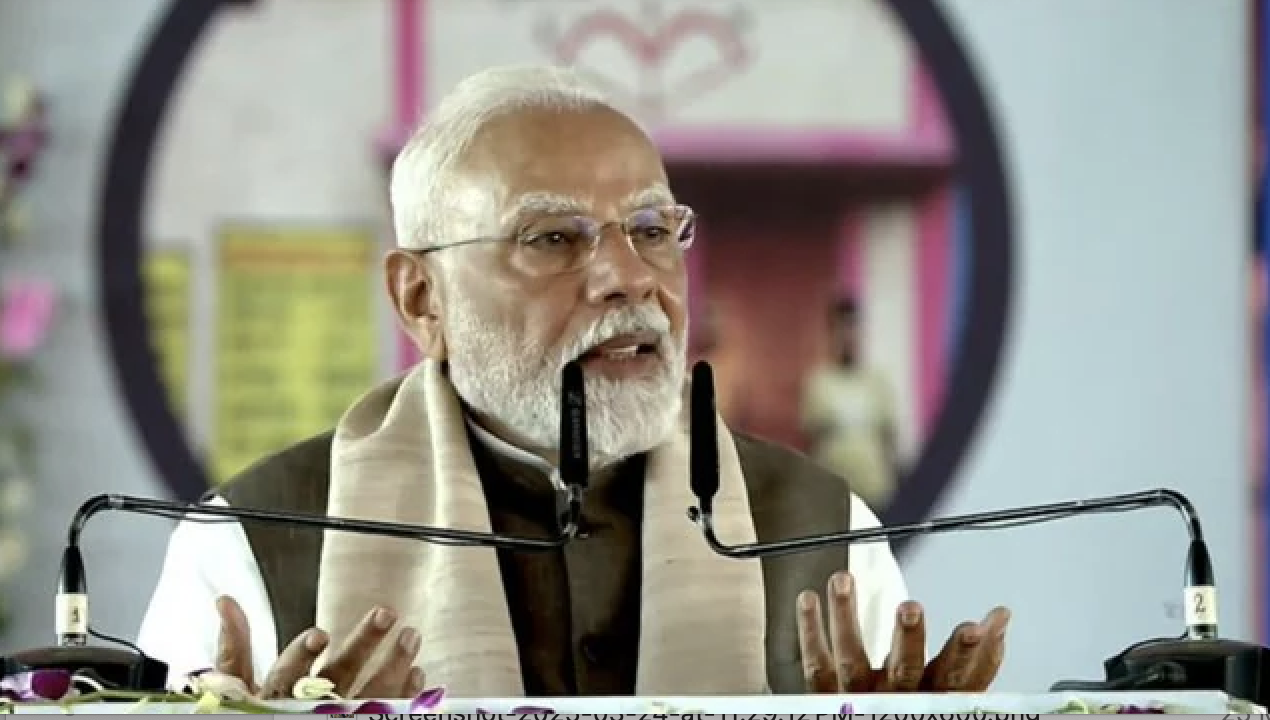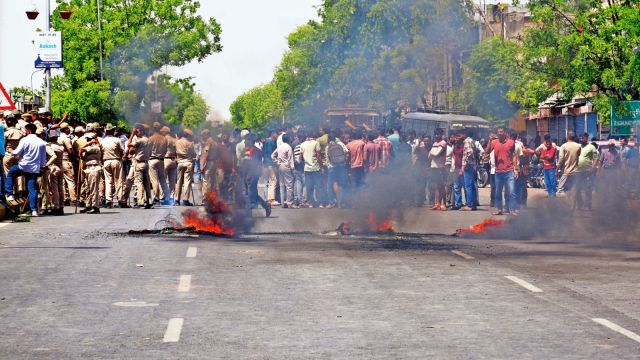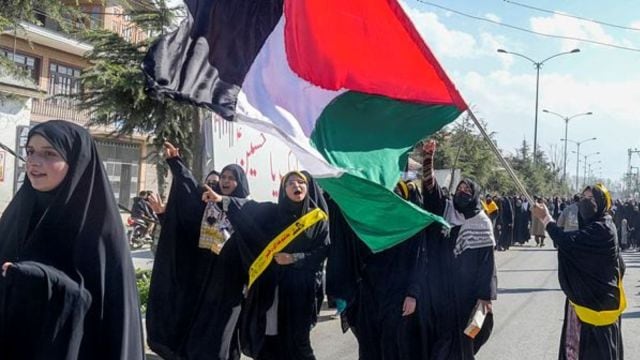
Wasim Rizvi, the former UP Shia Wakf Board Chairman, who now has moved out of the fold of Islam, and is now a Tyagi, an upper caste Hindu. He is widely known as one who is bereft of knowledge of the basics of Islam, and has the legal acumen and public interest drafting abilities are worse than a three-year-old. Sometime ago he had invited the ire of the Muslim community in Hyderabad, and of course for good reason.
Rizvi, now Tyagi, then saw himself as a modern day reformist messiah and publicly accused those revered as the Rightly Guided Caliphs of Islam as bloodthirsty and spawning off a cult of violence.
The accusations against the Caliphs of Islam were made before he draped himself in saffron, and the truth behind this move is best known to him. Regardless of this fact, his slander, and bigotry is not acceptable. This was reflected recently in the protests witnessed in Hyderabad. Dozens upon dozens of protesters took to the streets last Friday and demanded that action be taken against the former UP Shia Wakf Board Chairman. Some demanded that the government introduce an anti-blasphemy legislation. The All India Muslim Personal Law Board, which recently faced a disaster with the talaq bill being passed, too has demanded an anti-blasphemy law. While their concerns are understandable, there is a chance, especially in New India, that this demand could be problematic, especially for those who are demanding it.
The recent lynching and burning of a Sri Lankan citizen is Pakistan, which has now become synonymous with the anti-blasphemy law, is in fact not the only nation to have such a law.
Here is a fact check: according to a United States Commission on International Religious Freedom, which defines blasphemy ‘as the act of insulting or showing contempt or lack of reverence for God’, a staggering 71 countries have anti-blasphemy law in one form of the other. These laws go against at least one human rights principle, the report states. And contrary to Islamophobic tropes, these countries are not limited only to West Asia/Middle East. Figuring on the list of countries are Cyprus, Denmark, Finland, Greece, Grenada, Pakistan, and, of course, India.
The report lists section 295, 295 – A, 296, 297, 298 as those which ‘pay a specific reference to sanctioning insult, blasphemy, or defamation of religion. There is another legislation which is akin to an anti-blasphemy law: those pertaining to prevention of cow slaughter. This has not been included in the list of laws.
A specific legislation which deals with blasphemy could prove counterproductive. Why do I say this? It is simply because of the fact that history is witness to it. Successive laws dealing with terrorism have given way to for more draconian laws. The victims on whom cases under these laws were booked continue to be those from marginalised communities, including the Muslims. It was the Congress which passed these laws. But they were given teeth, and were weaponised against these marginalised communities, by the Bharatiya Janata Party.
In India, it is difficult to adopt the paramountcy of ‘free speech’ approach. This concept here is skewed. On the one hand, the state-sanctioned Islamphobic speech is ignored, and utterances of the jocular kind, are criminalised, there is no telling what may happen, specifically, how a law may be drafted and misused to target the already marginalised groups in the name of blasphemy. Let us not forget that comedian Munawwar Faruqui was booked under Section 295 – A of the Indian Penal Code. It is the same law which was flagged by the United States Commission on International Religious Freedom.
While similar demands were made of past governments, demanding an anti-blasphemy law in New India with the BJP at the helm of affairs is nothing short of setting one’s own house on fire.
This story first appeared on siasat.com






